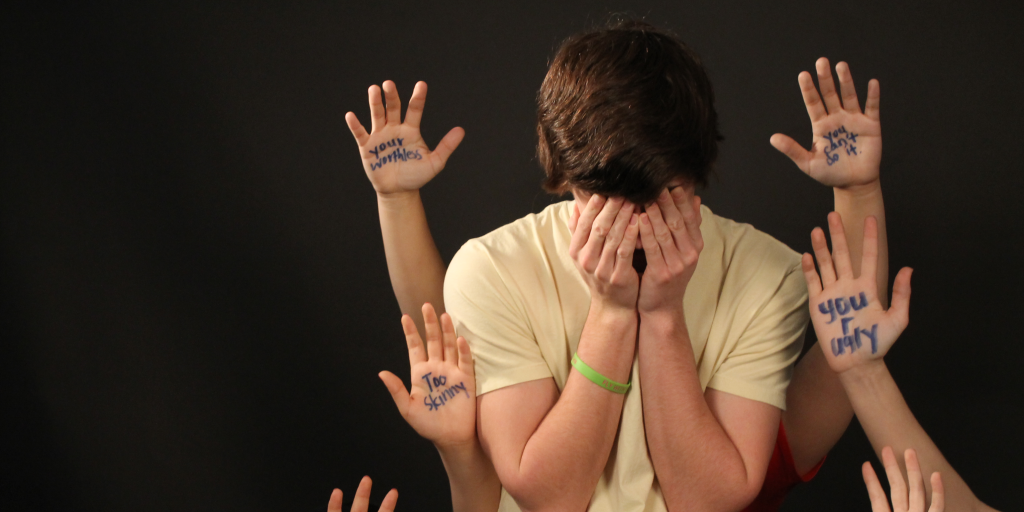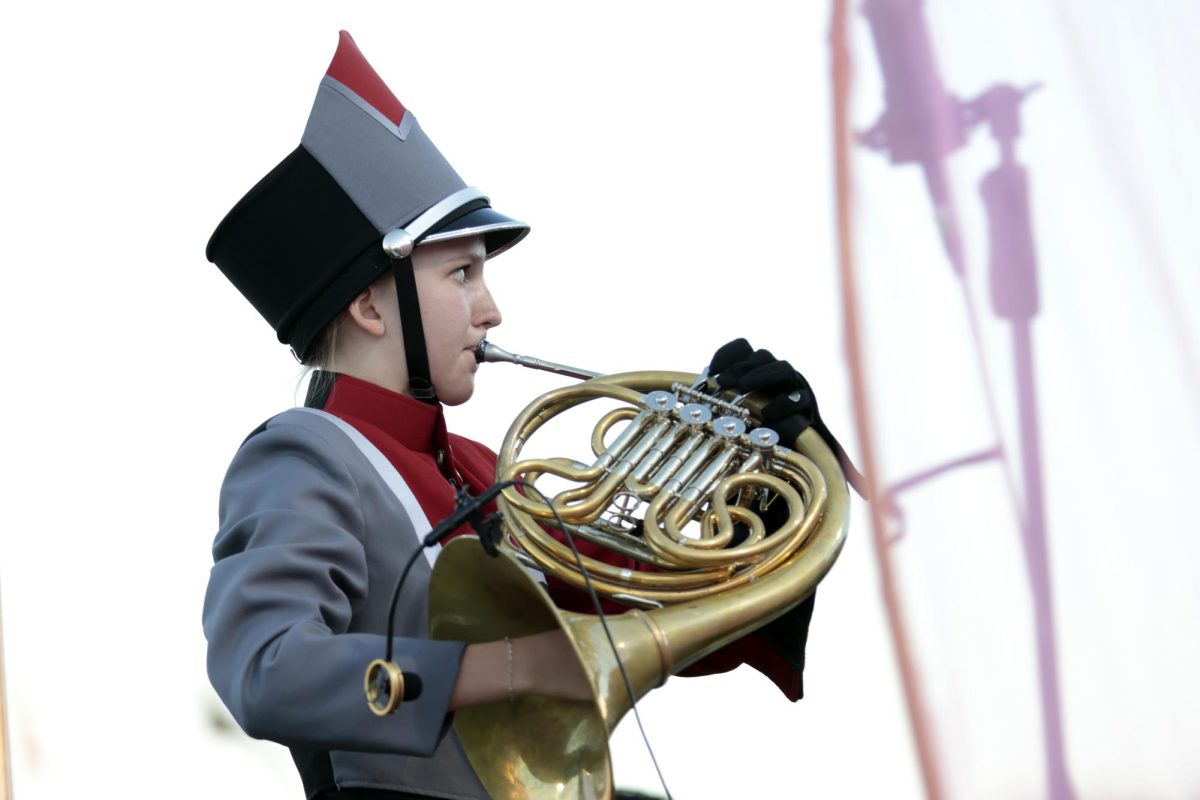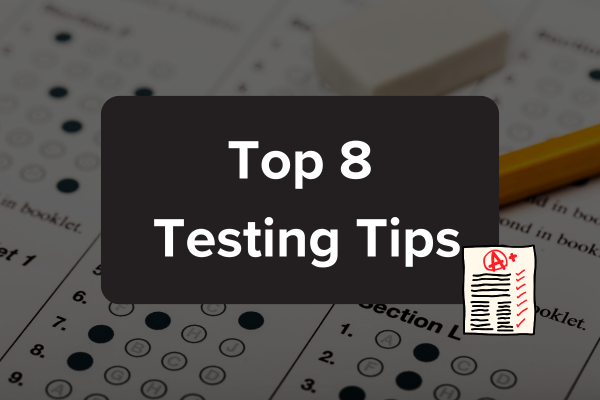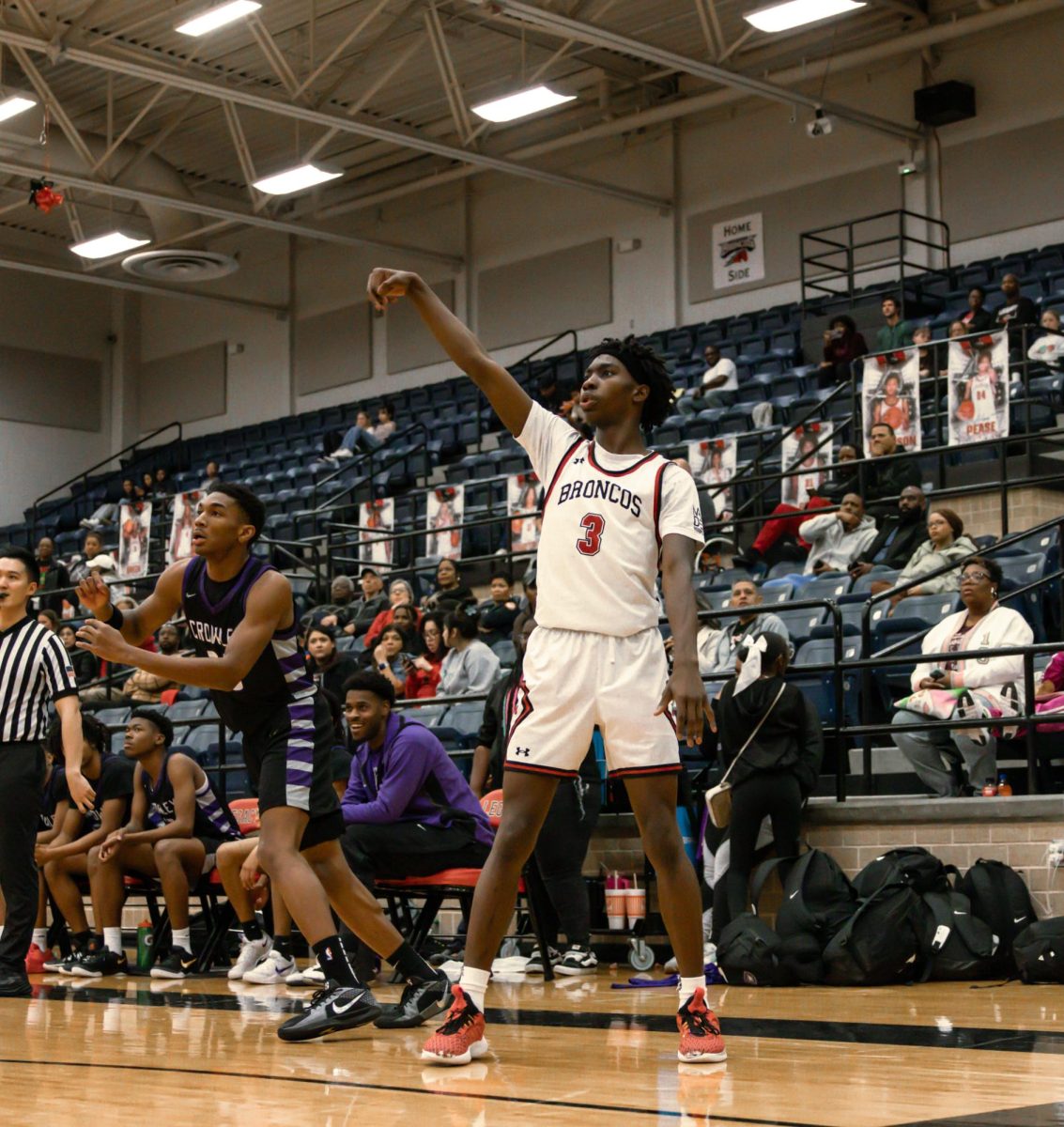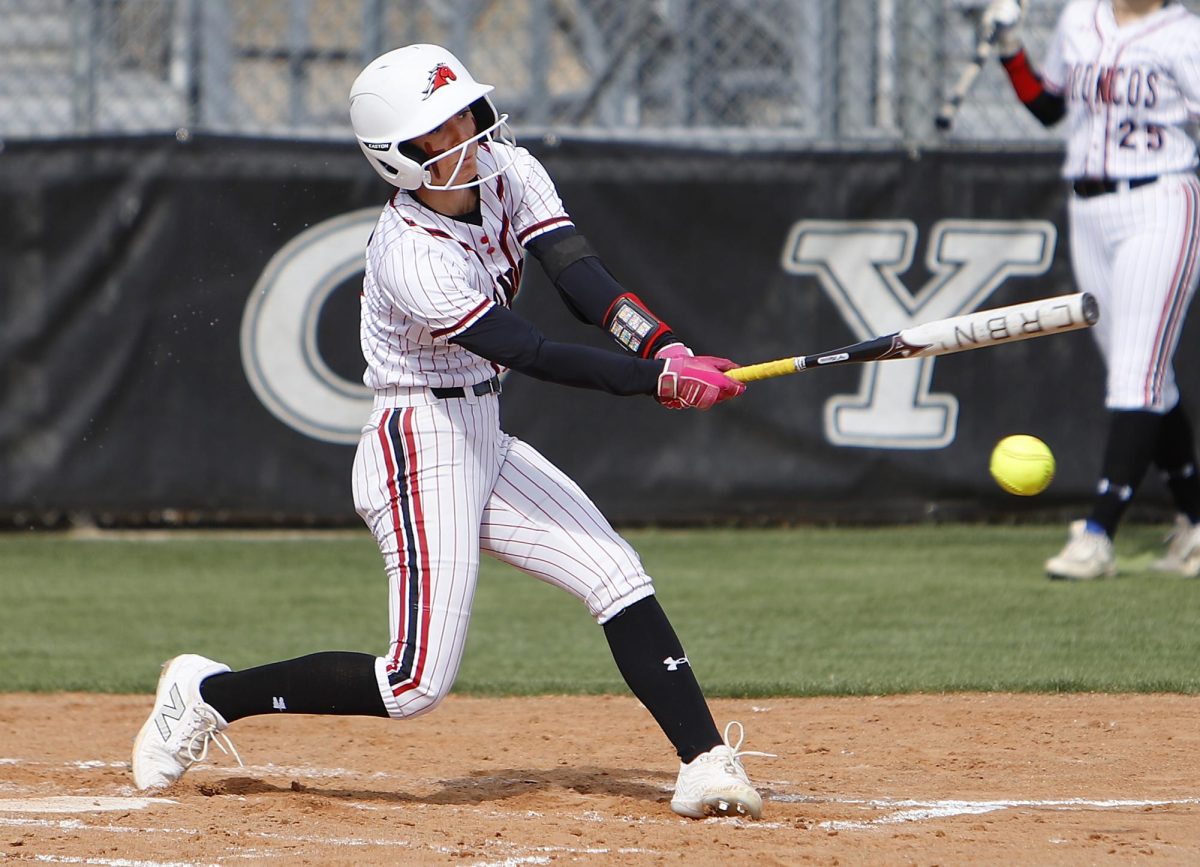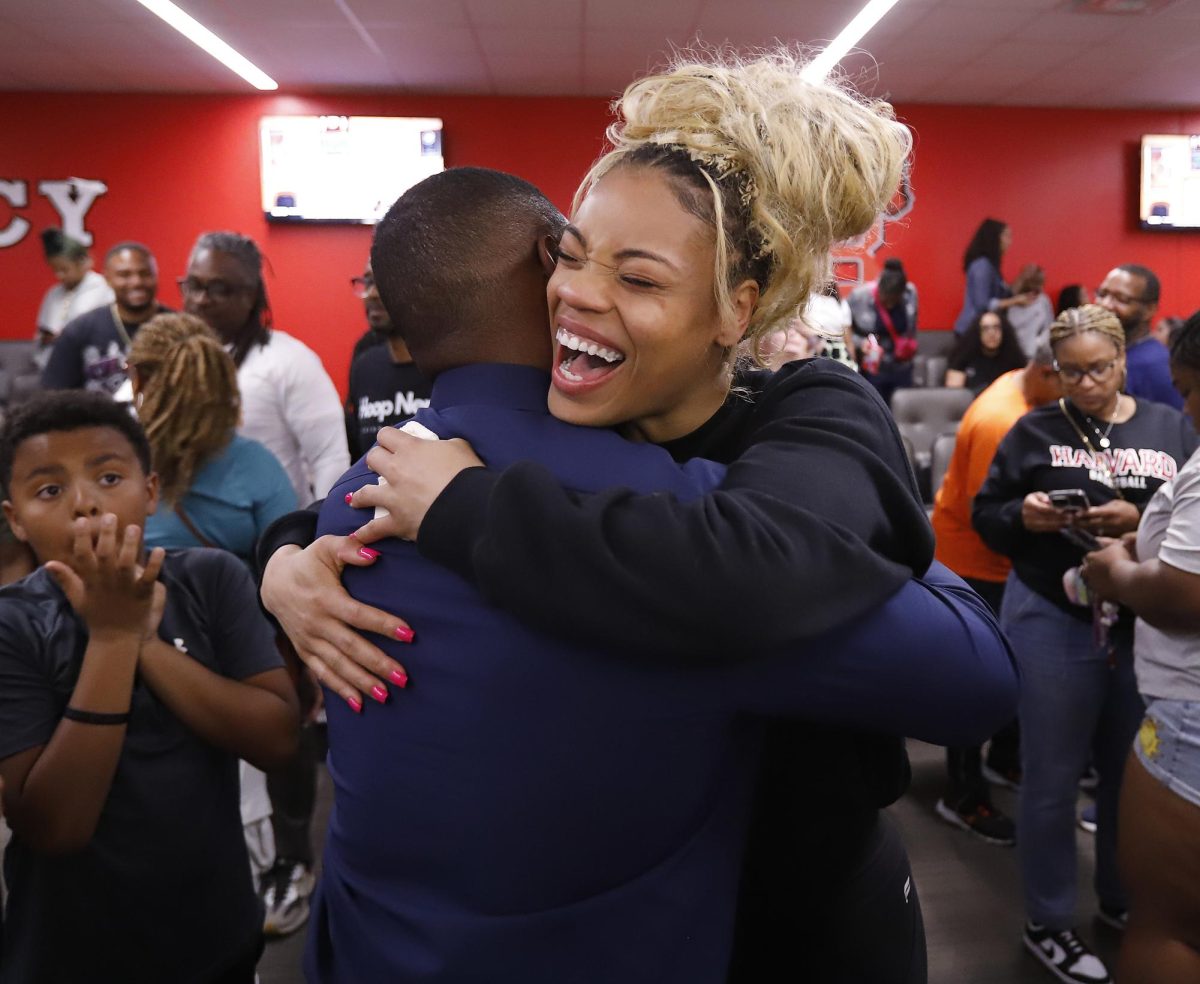“Hey loser.”
“Did you see what was posted about you on Twitter?”
“Don’t trip.”
Everyday 160,000 students miss school because of the fear of being bullied. Frequently verbally harassed LGBT have lower percentages of planning to go college than other students. Bullied students may lose their self worth and motivation to accomplish themselves in any field. Victims of bullying often have a lower GPA and experience a drop in class participation.
Social Studies teacher Craig Rabalais has noticed bullied students becoming more withdrawn within his classroom.
“I believe it affects students from being able to respond fully during class, by leaving themselves open to be a target,” Mr. Rabalais said.
Bullying can affect the victim even after their tormentors no longer harass them. They may develop mental disorders carrying into adulthood which prevent them from trusting others or expressing themselves. Psychiatrist Jenny Peloquen agrees chronic illnesses can develop because of bullying.
“Some of my patients were bullied as kids and still struggle with finding friends as adults,” Peloquen said. “Often times, they believe the lie that something is fundamentally wrong with them.”
Junior Jade MacTavish walks through the hallways with a piece of tape completely covering her mouth. She spends an entire day in silence to raise awareness of the Lesbian Gay Bisexual Transgender (LGBT) community. As she passes by crowds of students, they make scornful comments about her commitment toward her beliefs and commitment to equality.
Studies on bullying indicate LGBT students experience two to three times as much harassment as normal teens, and more than one third who have attempted suicide. MacTavish feels isolated from her peers, attacked verbally, physically and emotionally daily because of her beliefs of equality.
“It [bullying] makes me angry. It makes me want to yell and scream and hit somebody,” MacTavish said. “But I won’t ever do that because then I’ll be just as bad as them.”
Anti-homosexual environments contribute to the ostracization and hostility toward LGBT students. LGBT students who reported hearing homophobic remarks or expressions frequently make up 91.5 percent of the demographic. Bullying alienates LGBT members further and can cause depression, shyness, anxiety, insecurity and sometimes suicide.
“I do have trouble trusting [people] with my personal information because of how I’ve been treated,” MacTavish said.
In middle school MacTavish saw the bullying became more drastic. MacTavish’s LGBT friends also became targets, and some ended up hurting themselves and one even dropped out for homeschooling because of the excessive amounts of bullying.
After entering high school, MacTavish became inspired to speak out against social oppression after meeting graduate Sarah Karowski and joining an unofficial LGBT club. In class whenever she speaks up about supporting same-sex marriage, several students would respond by shunning her and moving away from her. Despite her obstacles, she attempted to raise awareness for the ordeals LGBT teens live through everyday.
Counselor Dana Vorsino has witnessed bullying as something affecting everyone, directly or indirectly.
“I think [at] some time or another all students have experienced bullying,” Mrs. Vorsino said. “Whether at school or in the home with a brother or sister, so it affects everyone at some point in this [life].”
Senior Erin Kline, another victim of bullying, became a target for other girls because of her weight. Harassment from other girls followed Kline throughout middle school, damaging her self-image and confidence. Kline’s tormentors used a different and more indirect way to assault her character.
Cyber bullying has gained prevalence in recent years. Studies show one out of four students have a history of getting bullied in schools. Another one out five students admitted to have bullied at some point of their lives. Victims become targeted for various reasons, often because they possess differences from their peers.
“I felt like I wasn’t good enough for anyone, like I couldn’t ever be good enough, ” Kline said. “Those were the worst feelings I had ever felt.”
Using Facebook and other social media sites, Kline’s bullies tracked her and continued to send hurtful messages to her profile. Her bullies caused her to lose self-worth and she started to engage in more dangerous actions without considering her own well-being.
“I would actually hurt myself because of these rude people who had their own problems and I shouldn’t have,” Kline said. “I shouldn’t have injured myself because of their problems.”
Although they no longer contact Kline, she remembers the torment, and became more assertive in how she deals with other people.
“I think it has made me a stronger person,” Kline said. “Because I’ve learned that nobody can make you someone [something you aren’t] if you don’t actually want to be that way.”
Students bullied through cyber bullying and traditional ways have endured profound effects lasting a lifetime of pain, loneliness, and suffering.
“What they said to me will always bother me because I’ll always be conscience of it,” Kline said.
Victims commonly react with anger or frustration, some try lashing out towards their peers in order to cope with the pain. In order to prevent bullying or to help a bullied child, parents can use these strategies and tips in order to reassure the teenager of their confidence and self-worth.
“I want to not have to worry about having a safe place to go to when things get too hard to handle,” MacTavish said. “I want tolerance and love and respect to be prevalent in everyday life.”
RESOURCES FOR BULLIED STUDENTS
http://www.pacer.org/bullying/?gclid=CPyH4LCcjrYCFSKpPAodUAsAlw
http://www.stopbullying.gov/
http://www.aacap.org/
http://www.ncpc.org/topics/cyberbullying/stop-cyberbullying



